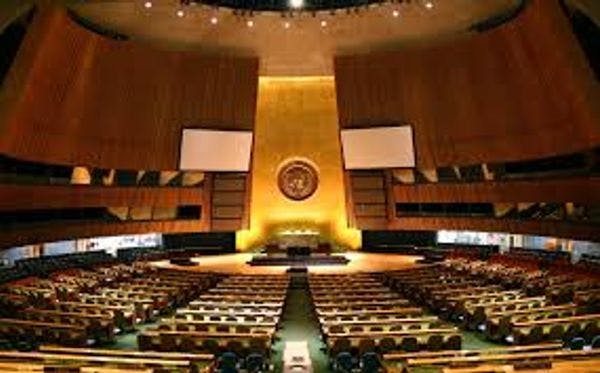What is UNGASS: How Important is it in the conversation on drug policy reform in Ghana?
In April 2016, the member states of the United Nations will gather in New York for the United Nations General Assembly Special Session (UNGASS) on the World Drug Problem. This will be close to 18 years since the last UNGASS on drugs took place in 1998.
For over 50 years, we have never had this much momentum being created by governments who express utter displeasure in the current approach to addressing the global drug problem. These current approaches – often referred to as the “war in drugs” – havenot only stigmatized people who use drugs, but have also led to misguided and bad policy making in Africa and around the world.The UNGASS provides an opportunity to rethink what Ghana, as a nation, has been doing for the past 24 years. Contemporary global circumstances have changed, and the world drug policy also has to change to address current and newly emerging issues. As a result, the UNGASS has been described by Ban Ki-Moon, the UN Secretary-General, as “an excellent opportunity for a wide range of open debate that considers all options”.In the last UNGASS on drugs in 1998, world leaders pledged to have a drug free world by 2009: a goal that is, to put it politelty, unrealistic, but one that has also contributed enormously to the criminalization of people who use drugs. This has contributed to HIV and hepatitis epidemics and the gross violations of fundamental human rights.The prohibition-led regime has not only a marginalized the majority of our citizens, but it has also left many without access to essential pain relief medications such as morphine and other opiates which have been tagged as harmful drugs.Today, countries must regard the UNGASS as an opportunity to have an open debate to extensively discuss policy issues as they pertain to the current drug problems we face in the world. We need to acknowledge and make visible the negative economic and social consequences of the “war on drugs”.
UNGASS offers us an opportunity to discuss whether it is still relevant to tackle the global drug problem from one perspective – punishment and the punitive approach –rather than from a comprehensive approach that takes into account development, public health, justice, human rights and all other relevant human and social factors.
Click here to read the full article.
Keep up-to-date with drug policy developments by subscribing to the IDPC Monthly Alert.
Thumbnail: Wikipedia
